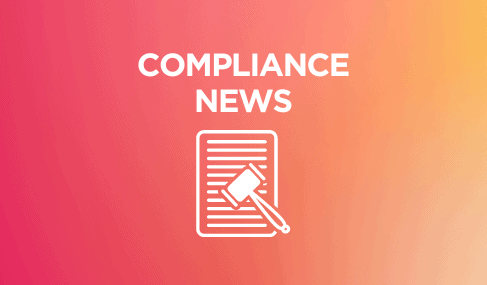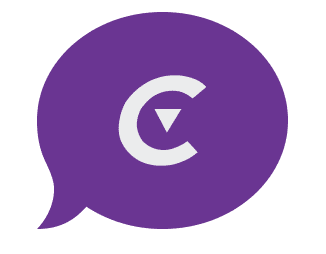
Our goal is to help keep you up-to-date with the latest regulatory changes impacting compliance for your contact center. Below is an update from our legal partners at Mac Murray & Shuster LLP on two states passing new telemarketing laws. The information on this page and related links is provided for general education purposes only and is not legal advice. Convoso does not guarantee the accuracy or appropriateness of this information to your situation. You are solely responsible for using Convoso’s services in a legally compliant way and should consult your legal counsel for compliance advice. Any quotes are solely the views of the quoted person and do not necessarily reflect the views or opinions of Convoso.
Utah and Washington Set to Update Telemarketing Laws
by Nick Whisler, Partner

The Utah and Washington legislatures recently passed bills to update their telemarketing laws. The bills will become law unless vetoed by the states’ respective governors.
Utah HB 217 expands the state’s telemarketing laws to include calls made to encourage the recipient to sell real or personal property. The bill’s sponsor, Norman Thurston, cited the recent influx of calls asking to purchase property as the primary rationale for the bill, noting “solicitation is [normally] thought of as someone calling you to try to sell you stuff, but lately we’ve had a lot of people calling wanting to buy your stuff.” The bill also contains substantial “cleanup” edits. Utah bills become effective 60 days from the date the legislature adjourns, making the anticipated effective date on or around May 4, 2022.
Washington HB 1497 makes several substantive changes to the state’s telemarketing law, which also covers calls made by or on behalf of a nonprofit to solicit donations from non-members. Notable changes include:
- Nonprofits seeking donations must ask the called party whether they want to (1) continue with the call, (2) end the call, or (3) be removed from the organization’s call list.
- Telephone solicitors must end the phone call within ten seconds if asked by the called party.
- Individuals may request telephone solicitors to remove any contact information (not just phone numbers) from their call lists. When receiving such a request, the solicitor must (1) inform the called party that their contact information will be removed from the solicitor’s call lists for at least one year, (2) end the call within ten seconds, and (3) remove all other numbers associated with the called party from its call lists. Solicitors may not sell or otherwise disclose the individual’s contact information to a third party.
- Telephone solicitors may not place calls after 8 p.m. at the called party’s location.
- Individuals making telephone solicitations must identify themselves, the company or organization on whose behalf the solicitation is being made, and the purpose of the call within thirty seconds of beginning the call.
- The Attorney General must create a web page that informs consumers of their legal rights and remedies regarding telephone solicitations and mechanisms for filing complaints against solicitors.
If this bill becomes law, telephone solicitors should update their policies and procedures to account for these new requirements. When doing so, they should factor in relevant exemptions such as calls made with consent. Washington bills become effective 90 days from the date the legislature adjourns, making the anticipated effective date on or around June 8, 2022.
* Alex Walker contributed to this post.
